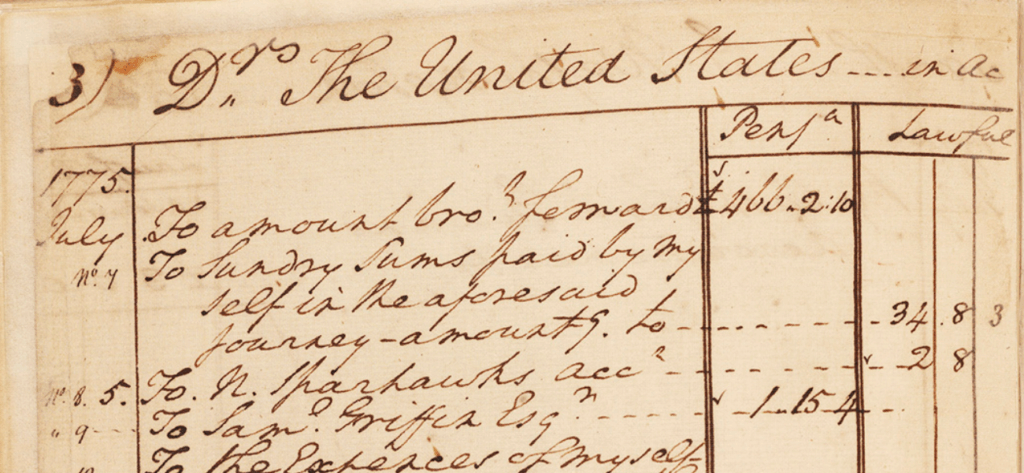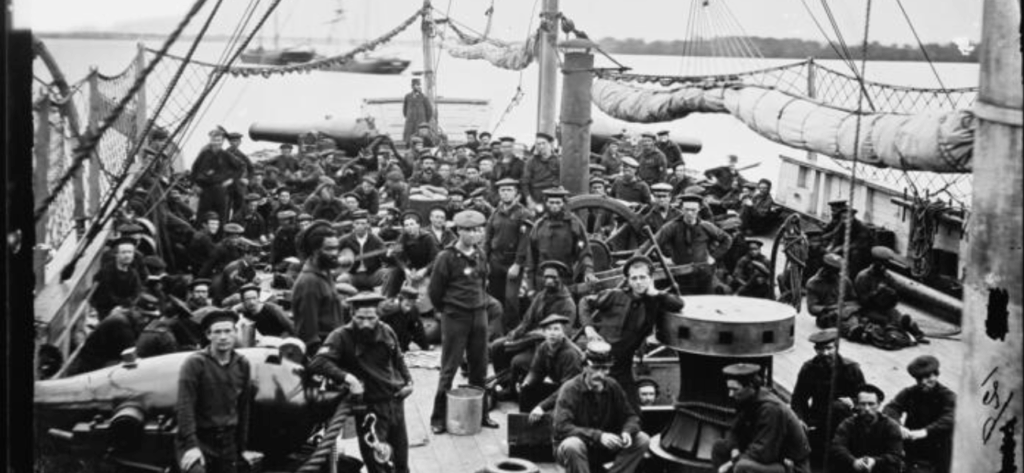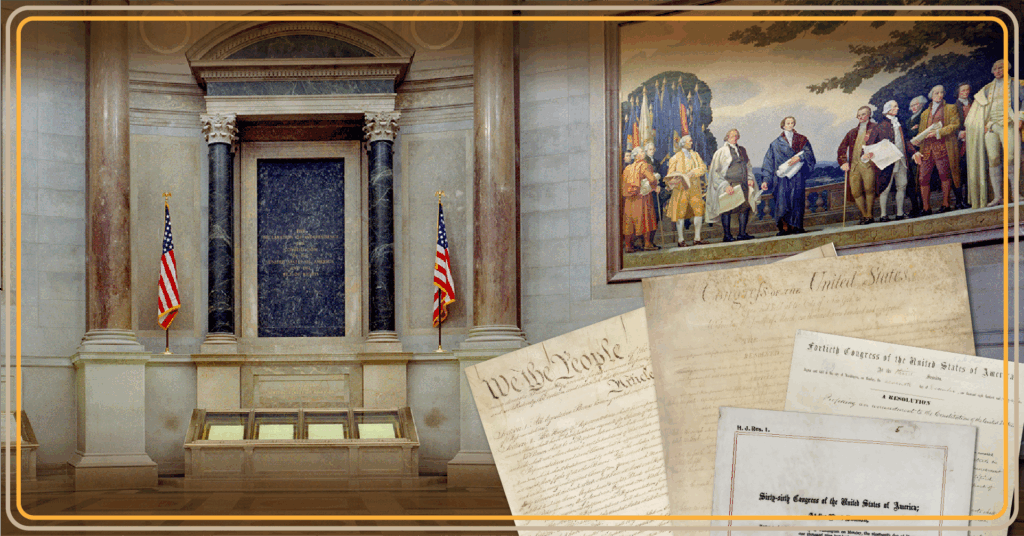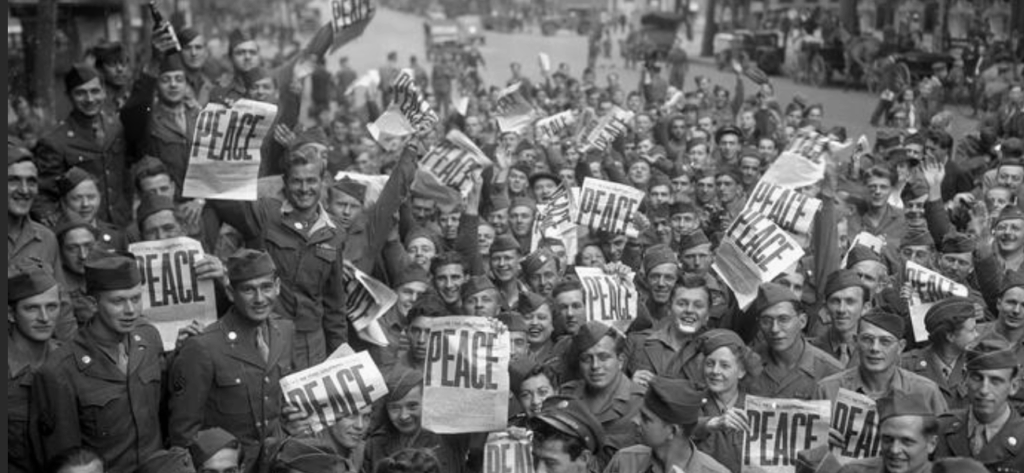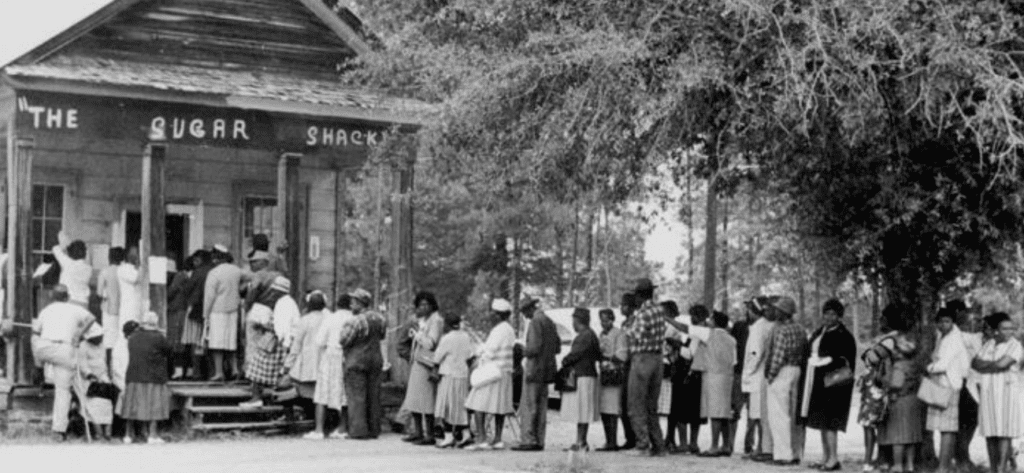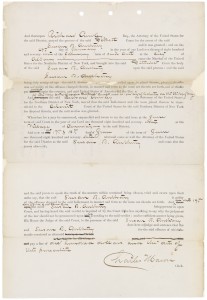
Susan B. Anthony devoted more than fifty years of her life to the cause of woman suffrage. After casting her ballot in the 1872 Presidential election in her hometown of Rochester, New York, she was arrested, indicted, tried, and convicted for voting illegally.
At her two-day trial in June 1873, which she later described as “the greatest judicial outrage history has ever recorded,” she was convicted and sentenced to pay a fine of $100 and court costs.
U.S. vs. Susan B. Anthony, Record of Conviction, 6/28/1873.
National Archives, Records of District Courts of the United States
This document is being featured in conjunction with the National Archives’ National Conversation on Women’s Rights and Gender Equality.
The “National Conversation on Rights and Justice” is presented in part by AT&T, Ford Foundation, Seedlings Foundation, Carnegie Corporation of New York, and the National Archives Foundation.
Special thanks to Perkins Coie for their support in this event in New York City.
